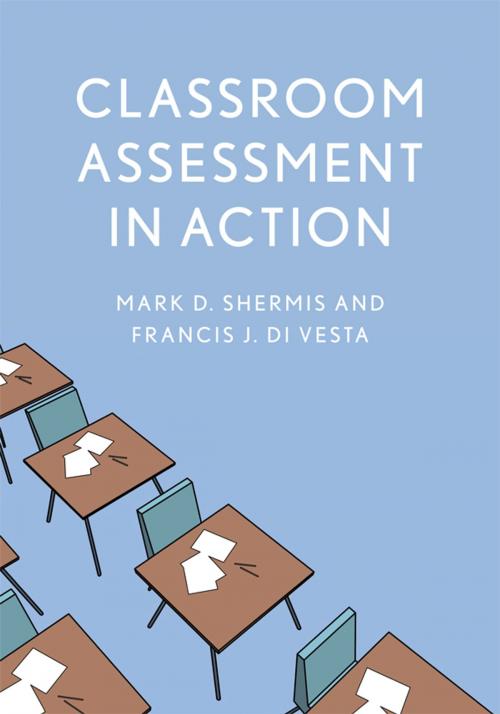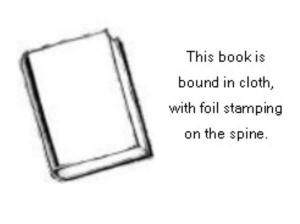Classroom Assessment in Action
Nonfiction, Reference & Language, Education & Teaching, Educational Theory, Evaluation, Testing & Measurement| Author: | Mark D. Shermis, Francis J. DiVesta | ISBN: | 9781442208384 |
| Publisher: | Rowman & Littlefield Publishers | Publication: | April 16, 2011 |
| Imprint: | Rowman & Littlefield Publishers | Language: | English |
| Author: | Mark D. Shermis, Francis J. DiVesta |
| ISBN: | 9781442208384 |
| Publisher: | Rowman & Littlefield Publishers |
| Publication: | April 16, 2011 |
| Imprint: | Rowman & Littlefield Publishers |
| Language: | English |
Classroom Assessment in Action clarifies the multi-faceted roles of measurement and assessment and their applications in a classroom setting. Comprehensive in scope, Shermis and Di Vesta explain basic measurement concepts and show students how to interpret the results of standardized tests. From these basic concepts, the authors then provide clear and ordered discussions of how assessment and instruction is integrated into a functional process to enhance student learning. Guidelines are set forth for constructing various common assessments. Procedures are laid out to evaluate and improve assessments once they are constructed. Ultimately, the authors shed light on the myriad of factors that impact test score interpretation.
In today's classroom, technology has become a constant companion, and Classroom Assessment in Action exposes teacher candidates to emerging technologies they might encounter in building their repertoire of assessments, whether it be automated essay scoring or electronic portfolios.
Classroom Assessment in Action guides its readers to a complete and thorough understanding of assessment and measurement so that they can confidently work with students and parents in explaining results, whether they are from a high-stakes statewide assessment or the grading philosophy to which they ascribe.
Classroom Assessment in Action clarifies the multi-faceted roles of measurement and assessment and their applications in a classroom setting. Comprehensive in scope, Shermis and Di Vesta explain basic measurement concepts and show students how to interpret the results of standardized tests. From these basic concepts, the authors then provide clear and ordered discussions of how assessment and instruction is integrated into a functional process to enhance student learning. Guidelines are set forth for constructing various common assessments. Procedures are laid out to evaluate and improve assessments once they are constructed. Ultimately, the authors shed light on the myriad of factors that impact test score interpretation.
In today's classroom, technology has become a constant companion, and Classroom Assessment in Action exposes teacher candidates to emerging technologies they might encounter in building their repertoire of assessments, whether it be automated essay scoring or electronic portfolios.
Classroom Assessment in Action guides its readers to a complete and thorough understanding of assessment and measurement so that they can confidently work with students and parents in explaining results, whether they are from a high-stakes statewide assessment or the grading philosophy to which they ascribe.















